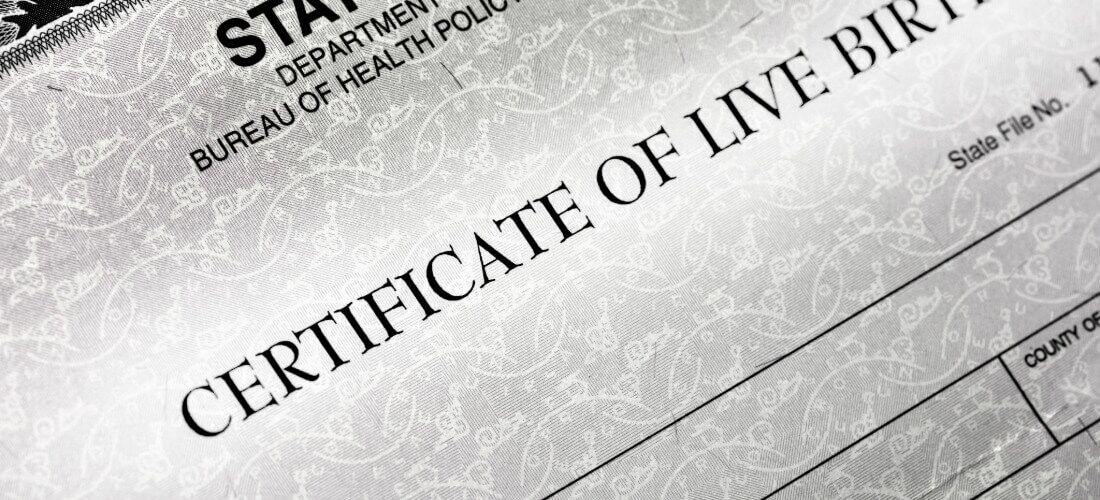
More and more state and local governments are now digitizing documents, records, and other files instead of keeping what often amounts to hundreds of thousands of physical copies in cumbersome filing cabinets that take up a lot of space.
There are many benefits to going paperless, such as increased efficiency, convenient transfers of information, and upgraded security, but agencies that lack familiarity with digital document management systems may be unaware of electronic records management best practices.
In order to best serve constituents and get the most out of going paperless beyond the environmental benefits, government agencies should familiarize themselves with electronic file management best practices. This article identifies and summarizes five electronic records management best practices to consider.
1. Track & Record the Data that Means the Most
The first of these electronic file management best practices is fairly obvious–of course agencies are going to pay special attention to documents with the most sensitive and important data–but that doesn’t make it any less crucial to a good electronic document and records management system.
This is probably the most important of these electronic records management best practices for governments considering all the information and data they have on constituents, local businesses, and their own agency that should be kept private and confidential.
Ensure these kinds of files are kept safe and secure by tracking where they are located, who accesses them, when they get accessed, and what edits are made.
 2. Create an Optimized Records Management Strategy
2. Create an Optimized Records Management Strategy
All agencies should have a records management plan that is clear and effectively communicated to staff. This strategy should also be as simple and straightforward as possible since the ecosystem of information architecture, data structures, and procedures and processes can be quite overwhelming.
A records management strategy should be constructed in compliance with all relevant laws and regulations and incorporate other electronic file management best practices.
3. Ensure All Data Is Accurate & Kept Up-to-Date
This records management best practice will help ensure your agency stays on top of properly archiving or disposing of files if or when the time comes.
Electronic management systems make managing documents easier since specific files can be quickly found, downloaded, and edited within minutes without the need to search through file cabinets.
4. Transfer Physical Records to Digital Ones
Your agency may have already turned many of your physical records into digital ones, and while it can be a time-consuming process, electronic file management best practices suggest you digitize everything.
This will help your agency make operational tasks more efficient and ensure that down the line you won’t be scrambling to find the paper copy of a file that was never scanned and uploaded to the system.
5. Review Policies & Audit Frequently
However stringent you may be with your adoption of electronic records management best practices, it’s smart to review them with staff and conduct audits to ensure all documents are where they should be and that only those who need access have it.
Electronic records management best practices recommend your agency do annual reviews to assess your compliance with necessary standards and legislation. These audits will also give you valuable information on how you can become more efficient.










